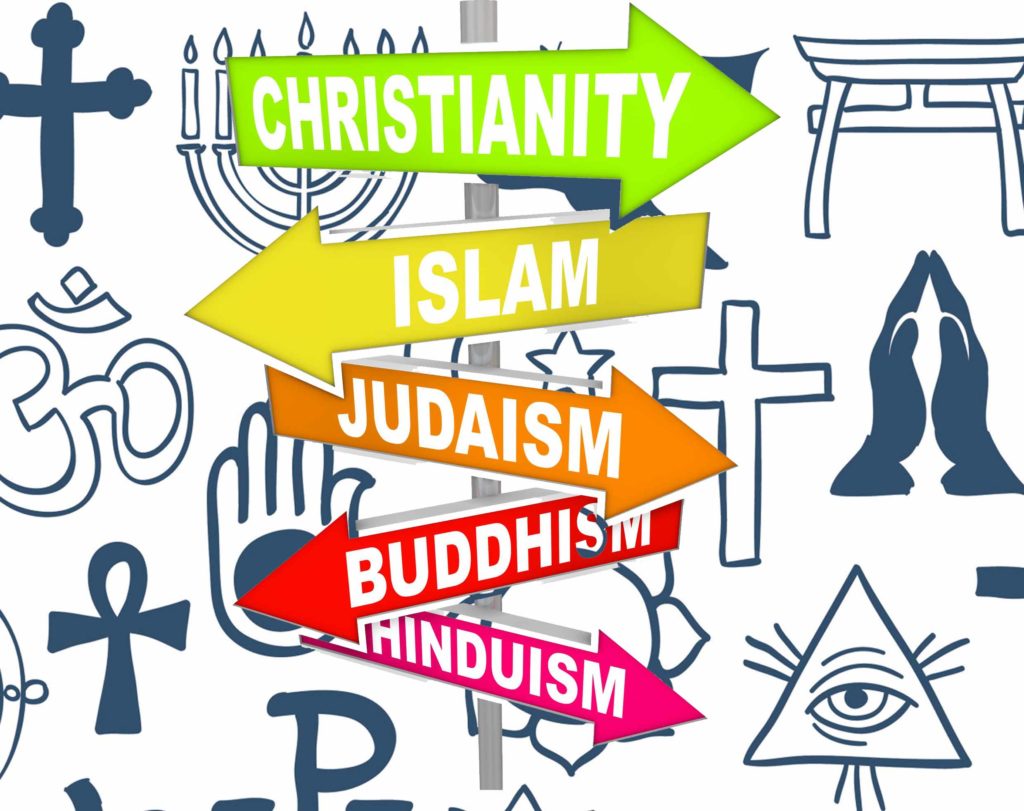The Quran
The Quran (Koran), literally meaning “the recitation” is the central religious text of Islam, which Muslims believe to be revelation from God (Allah). It is widely regarded as the finest work in classical Arabic literature. The Quran is divided into chapters (Surah in Arabic), which are then divided into verses (ayah). Muslims believe that the Quran was verbally revealed by God to Muhammad through the angel Gabriel (Jibril–Arabic) over a period of 23 years (609-632CE). Shortly after Muhammad’s death (632CE) The Quran was compiled by his companions.
Muhammad was familiar with Jewish and Christian teachings. The contents of the Quran are largely an adaptation of Judaic doctrines, tales, and themes. The Yahweh of Hebrew Bible is Allah in the Quran.
During prayers the Quran is recited only in Arabic.
The Hadith
The term Hadith comes from Arabic and means”report”,”account”, or:”narrative”. A hadith is one of various reports describing the words, actions, or habits of Prophet Muhammad. Hadith were evaluated and gathered into “Six Corrected Books” during the 9th century, by some Sunni Muslim scholars. A century later, the Shia collected their own version of Muhammad’s life into “The Four Books”.
The Hadith deals with nearly every question from details of legal significance to the most exalted moral and spiritual teachings.
Sharia (Islamic law)
Sharia is the Islamic religious law. It is derived from the religious precepts of Islam, particularly the Quran and the Hadith. The manner of its application in modern times has been a subject of dispute between Muslim traditionalists and reformists. Historically, sharia was interpreted by independent jurists (muftis).
Muslim Denominations
The first centuries of Islam gave rise to two major sects: Sunnis and Shias. They are further divided into many sub-sects. The largest denomination in Islam is Sunni Islam, which makes up to 80-90% of all Muslims. The Shia constitutes 10-20% of Islam.
Moral Commandments of Islam
The moral commandments of Islam are like that of Judaism. Some of them are:
- Worship only one God.
- Be kind, honorable and humble to one’s parents.
- Give to charity.
- Be neither miserly nor wasteful in one’s expenditure.
- Do not commit adultery.
- Do not kill unjustly.
- Care for orphaned children.
- Keep one’s promise.
- Be honest and fair in one’s interaction.
- Do not be arrogant in one claim or beliefs.
Unlike any other religions in the world, Muhammad improved the position of women in the Muslim world. He gave them partial inheritance right, right to divorce their husbands and right to hold property in their own names. These rights were not given to women of other religions for another thousand years.

